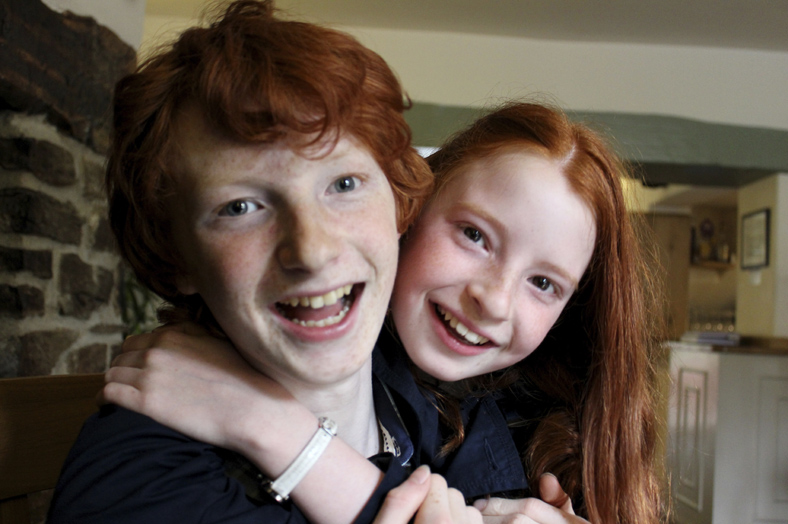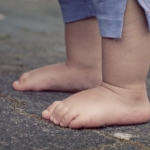Motor skills will not develop fully without opportunities to practice
Knowing that motor skills will not develop to their full potential without opportunities to practice in environments that are stimulating and supportive, we evaluated the effect of a physical activity (PA)-based intervention targeting childcare providers on fundamental movement skills (FMS) in preschoolers attending childcare centers.

Your child is growing and developing. Here’s what to expect. Healthy Families BC
Dr. Kristi Adamo, lead author Does Intervening in Childcare Settings Impact Fundamental Movement Skill Development? May 2016
This paper has been selected as the feature article in the May issue of Medicine and Science in Sports and Exercise and will likely garner considerable media attention. Congratulations, Kristi and team!
Motor development, or the process by which a child acquires movement patterns and skills, has been shown to be positively associated with physical activity (PA). It has been noted that children with low movement competence usually exhibit low PA levels and tend to be vigorously active less often, play less on large playground equipment, and spend less time interacting socially with their peers. Early motor development and subsequent motor skill acquisition are critical factors in PA participation during later childhood and adolescence.
Fundamental movement skills (FMS) (e.g., catching, throwing, jumping, running) are essential building blocks for the acquisition of more refined and complicated skills that can be applied later in life, such as sport and recreational and physical activities. However, FMS will not develop to their full potential without opportunities to practice in environments that are stimulating and supportive. Butcher and Eaton found that movement competence at a preschooler age was already influencing their PA levels and their PA choices.
In fact, findings from a subset of participants from the Children’s Activity and Movement in Preschool Study showed that children with better developed locomotor skills (i.e., running, jumping) spent more time in moderate-to-vigorous PA and less time sedentary than children with poorer locomotor performance. As such, researchers and health professionals concerned about pediatric growth and development aim to identify favorable environments for intervention, focusing on health behaviors in young children to optimize health and prevent chronic diseases related to inactivity. The childcare environment, where up to 80% of today’s preschoolers spend most of their waking hours, has been identified as a worthwhile target offering great potential for PA-based interventions that can impact the development of FMS and proficiency.
Knowing that the preschool years represent a critical developmental period, that FMS competence is a key determinant of PA behavior over time, and that the environments in which young children spend their time greatly influence their behavior, this study evaluated the effect of the Preschoolers Activity Trial PA-based intervention targeting childcare providers on FMS in preschoolers attending childcare centers. It was hypothesized that the FMS would improve more in the intervention group over the study period as compared with the control group.
The preschool years and the environments in which young children spend their time are vital to the development of FMS. Results from this study illustrate that investing in learning environments via brief behavioral intervention with childcare providers targeting increased PA can beneficially impact FMS development in preschoolers skills, which once learned, tend to endure and may contribute to healthy active living trajectories and associated health benefits throughout life.
Source Healthy Active Living and Obesity Research Group (HALO)
| References |
Does Intervening in Childcare Settings Impact Fundamental Movement Skill Development? Adamo KB, Wilson S, Harvey AL, Grattan KP, Naylor PJ, Temple VA, Goldfield GS. Med Sci Sports Exerc. 2016 May;48(5):926-32. doi: 10.1249/MSS.0000000000000838.
Adamo_Kristi_Trials_2104Activity Begins in Childhood (ABC) – inspiring healthy active behaviour in preschoolers: study protocol for a cluster randomized controlled trial, Adamo KB, Barrowman N, Naylor PJ, Yaya S, Harvey A, Grattan KP, Goldfield GS. Trials. 2014 Jul 29;15:305. doi: 10.1186/1745-6215-15-305.
Also see
Kids need active play to grow into healthy, active adults ParticipACTION







